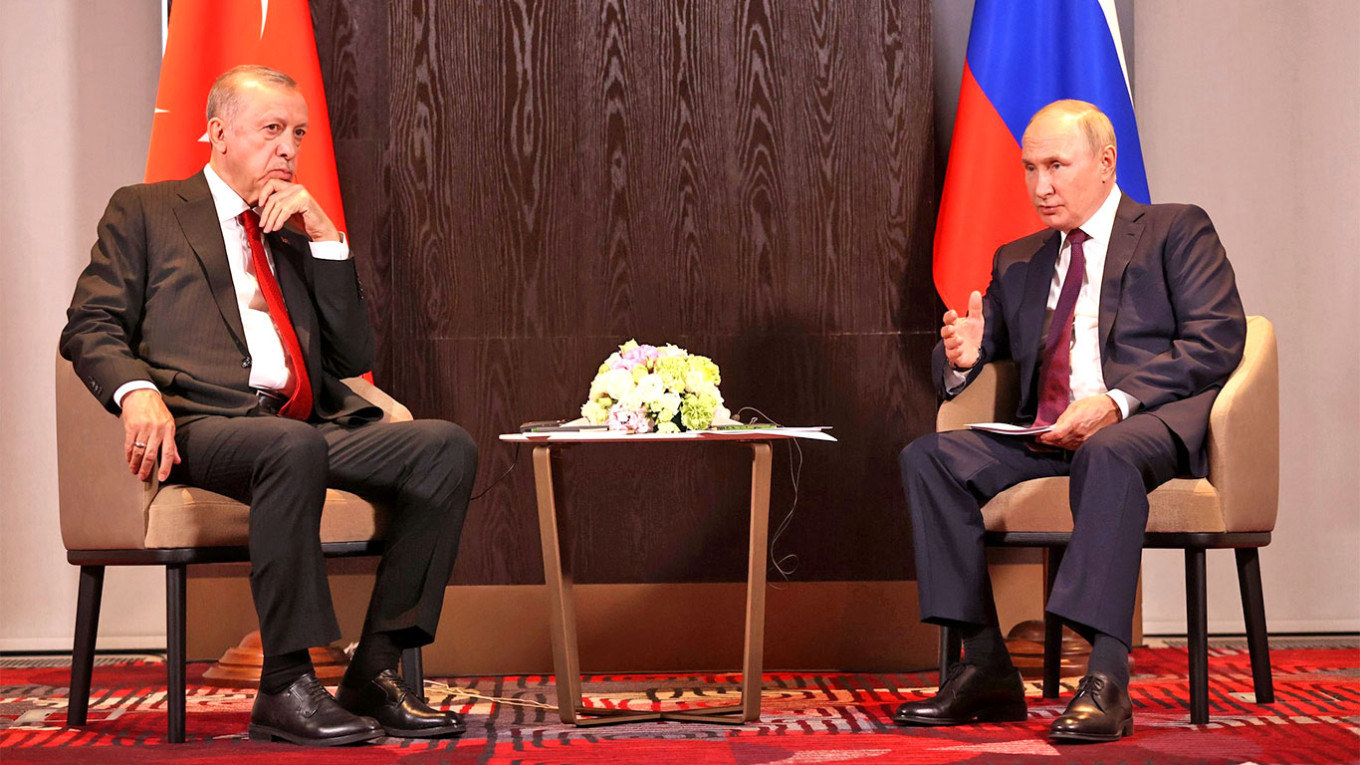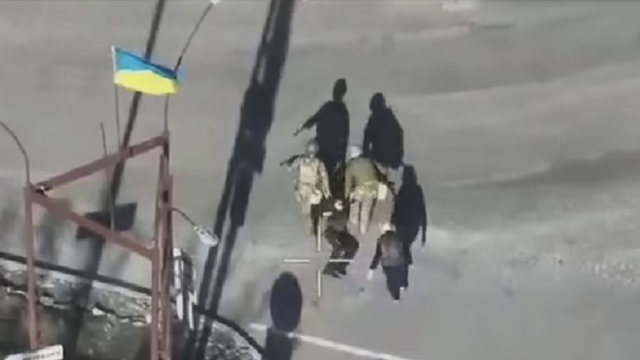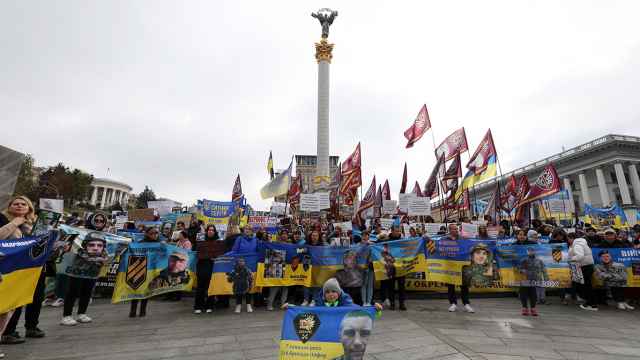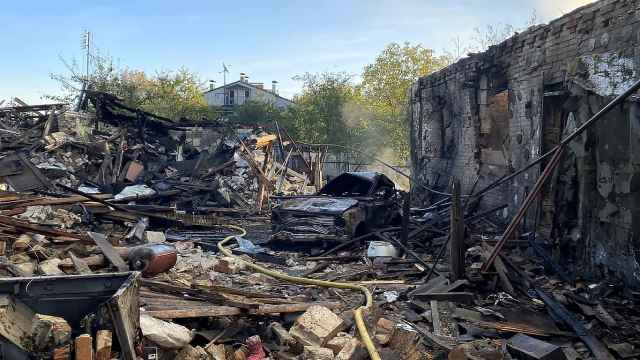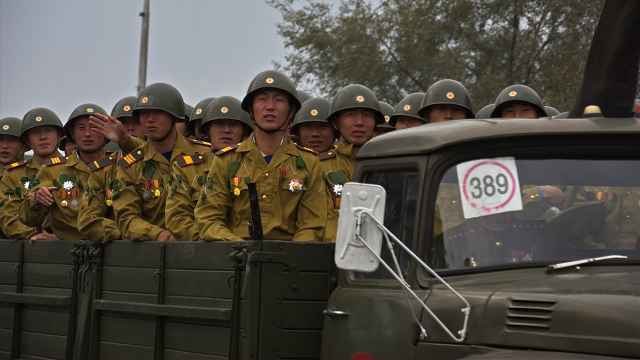Russia and Ukraine have agreed to swap 200 prisoners in one of the largest exchanges of the seven-month war, Turkish President Recep Tayyip Erdogan told US television.
Erdogan made the announcement after talks last week with Russian President Vladimir Putin on the sidelines of a regional summit in Uzbekistan.
Erdogan did not provide full details about the swap, calling the people being exchanged "hostages" and not saying how many there were from each side.
"Two hundred hostages will be exchanged upon agreement between the parties. I think a significant step will be taken forward," Erdogan told PBS television late Monday.
NATO member Turkey has tried to stay neutral in the conflict, supplying combat drones to Kyiv and shying away from Western-led sanctions against Moscow.
Erdogan said he had the "impression" that Putin was willing to end the war.
"We had very extensive discussions and he is actually showing me that he is willing to end this as soon as possible," Erdogan said.
"That was my impression because the way things are going right now are quite problematic."
Erdogan said Russia's return of captured lands would be an important part of any lasting truce.
"If peace is going to be established in Ukraine, of course returning the land that was invaded will become important," he said.
Asked repeatedly if Putin should be held responsible for invading Ukraine, Erdogan said there was no benefit in taking sides.
"We are not going to defend a single leader. Instead, we have to look for a solution that will satisfy all the parties involved."
Erdogan has repeatedly tried to bring Putin and Ukrainian President Volodymyr Zelensky together in Turkey for truce talks.
A Message from The Moscow Times:
Dear readers,
We are facing unprecedented challenges. Russia's Prosecutor General's Office has designated The Moscow Times as an "undesirable" organization, criminalizing our work and putting our staff at risk of prosecution. This follows our earlier unjust labeling as a "foreign agent."
These actions are direct attempts to silence independent journalism in Russia. The authorities claim our work "discredits the decisions of the Russian leadership." We see things differently: we strive to provide accurate, unbiased reporting on Russia.
We, the journalists of The Moscow Times, refuse to be silenced. But to continue our work, we need your help.
Your support, no matter how small, makes a world of difference. If you can, please support us monthly starting from just $2. It's quick to set up, and every contribution makes a significant impact.
By supporting The Moscow Times, you're defending open, independent journalism in the face of repression. Thank you for standing with us.
Remind me later.


